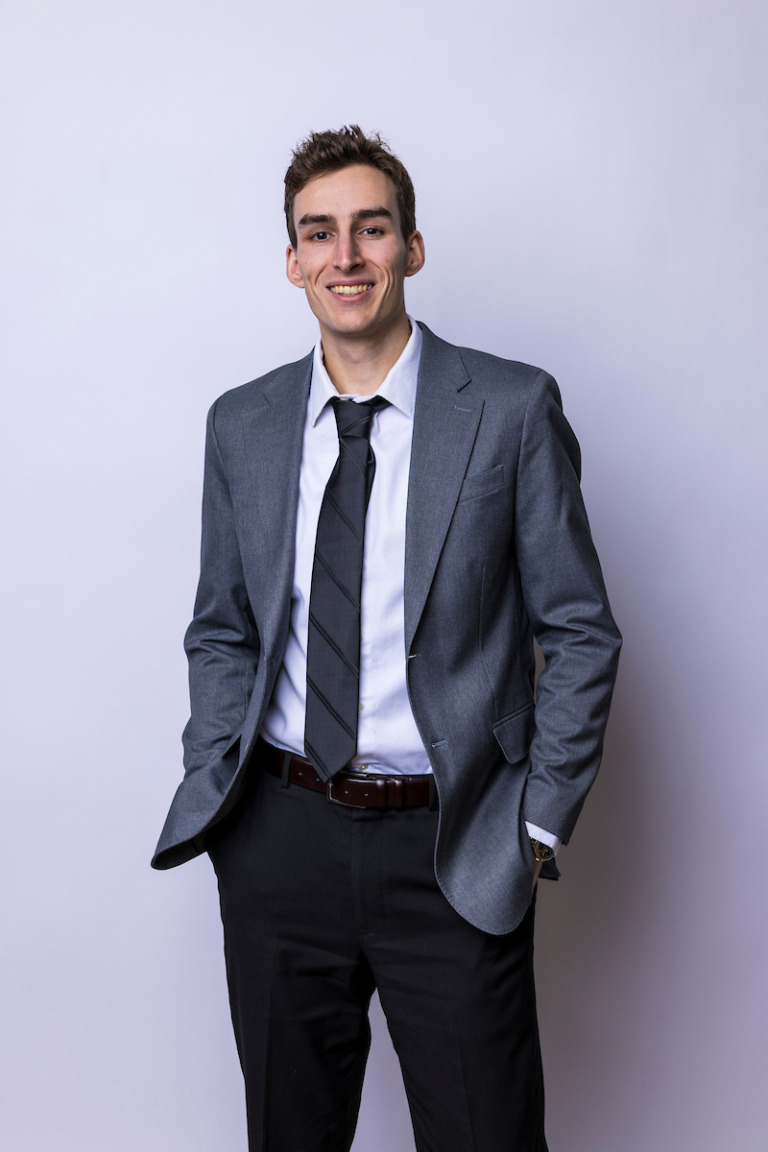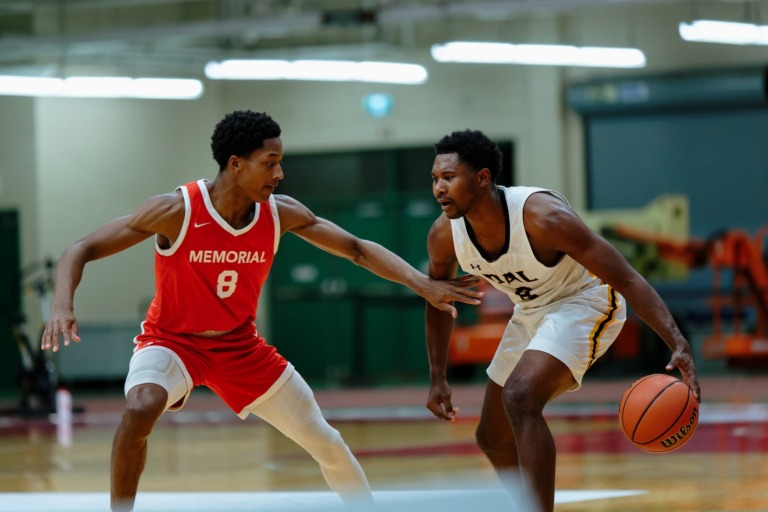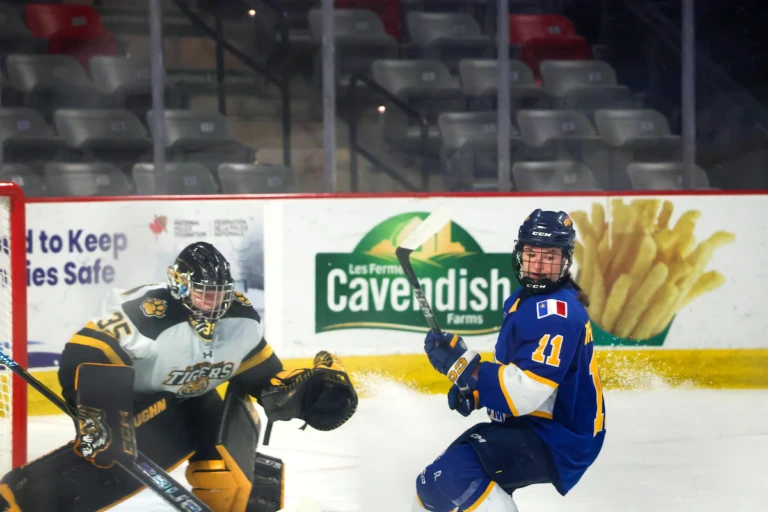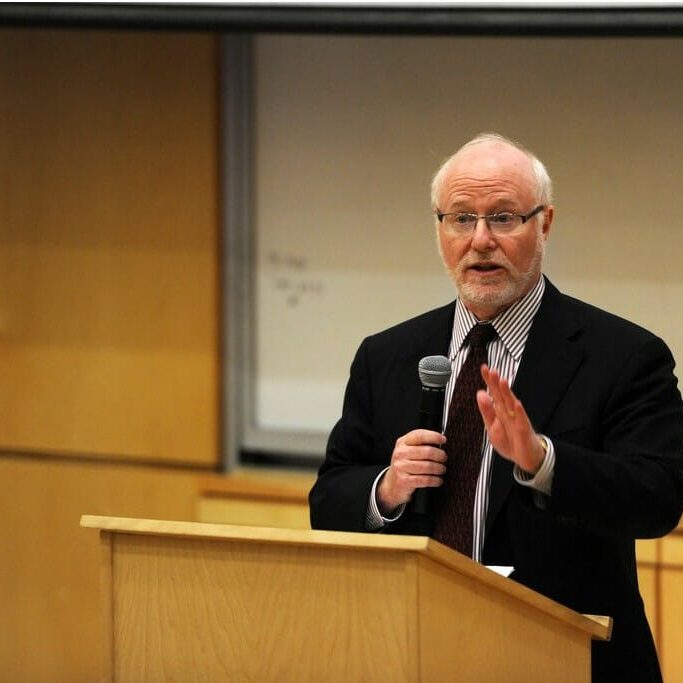
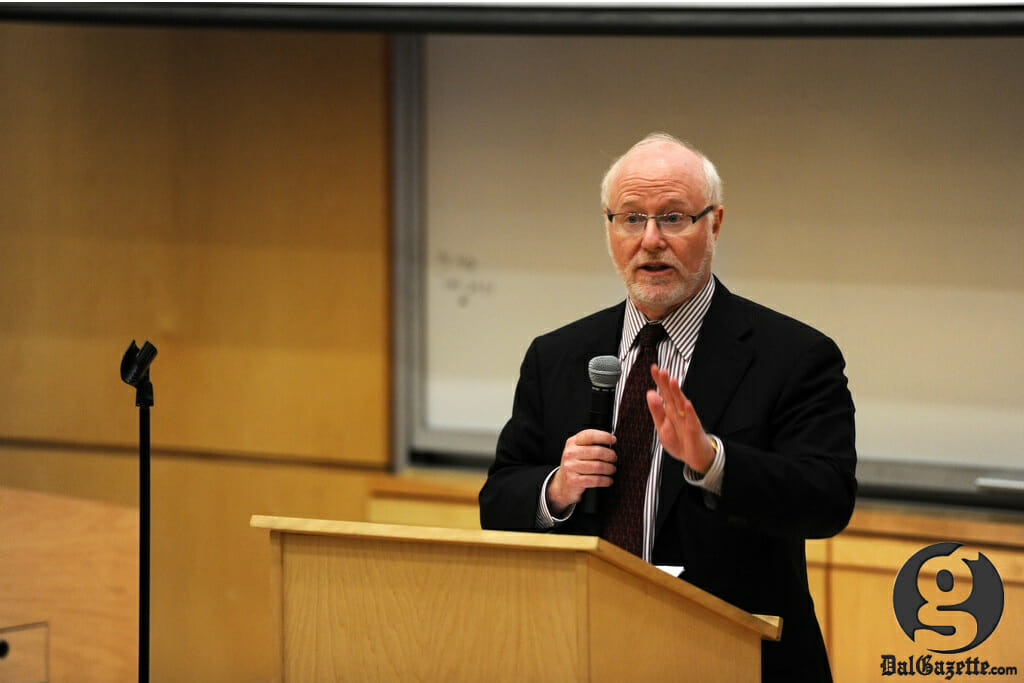
Traves has been in his position for 17 years—one of the longest tenures in Canada. (Photo by Danny Abriel, Dal Media)
This summer’s announcement from Dalhousie administration that president Tom Traves is planning to retire in June 2013 came as a surprise to some—after 17 years, Traves is one of the longest-serving presidents in Canada.
“The typical tenure of a university president in Canada is about ten years, so I’ve had a long run in office,” says Traves.
“I will turn 65 next year and it just seemed sensible for me to step aside for the next generation of leadership at Dalhousie. I’ve enjoyed my job tremendously and I think it is a good idea to leave before you get stale and bored.”
The search for his successor began months ago, when Dal administration hired executive search company Laverne Smith & Associated Inc. A Presidential Search Committee has also been formed, comprising of six members appointed by the Board of Governors, six members appointed by the Senate, one graduate student and one undergraduate student.
Chris Saulnier, recent Dal graduate and former Dal Student Union (DSU) president, is a part of the committee as the undergraduate student representative.
“He’s such an institution there now because he’s been there for so long, that now it’s hard to imagine someone else being in that position because he’s had such an impact,” says Saulnier.
“He was always willing to work really closely with the student union and with myself, as the DSU president. We were able to have really frank, honest discussions about issues that were going on around Dalhousie; what student perspectives were, what university’s perspective was. He was always very willing to have those conversations,” Saulnier says—even if those conversations didn’t always end in agreement.
“Even if we didn’t end up agreeing at the end of the day, he was always very willing to hear to what we had to say and then explain his perspective and he could often agree to disagree with you.”
Saulnier has participated in two meetings to date and will be in Halifax for the third early this fall, where the committee will create a short list of potential candidates. The committee will make a recommendation to the Board of Governors early in 2013.
Though the committee-based approach is not unusual, Aaron Beale, a prominent member of campus organizations such as the Loaded Ladle, says he believes Dal needs a more democratic method.
“I would like to see the new president be someone who is seen on campus, who has a relationship to the students, faculty and staff,” Beale says.
“Everyone should be able to participate in deliberating over the type of president and university they want,” he continues. “Our voice, in an institution that is such a big part of our lives, should not be mediated by a headhunting corporation or the Board of Governors.”
Beale is also the incoming DSU VP (academic and external), but says he can’t speak for the point of view of the DSU.
Saulnier and Traves both agree that the next president will need to have an open mind and a dynamic approach.
“The qualities required for strong academic leadership are not particularly different from other kinds of leadership challenges,” says Traves.
“Strong leaders typically have lots of energy and stamina, open personalities, a track record of achievement in relevant activities, and they require strengths such as the ability to see different possibilities,” he says. He also says Dal’s future leader will need to see the big picture and make opportunity out of risk.
Saulnier, who served two terms as DSU president, represents undergraduate students’ interests on the search committee.
“What I’m looking for on behalf of students, and what students are looking for, is a dynamic, collaborative leader to come in and continue Dalhousie’s success and really take us to that next level,” says Saulnier.
“Students are really looking for someone who’s willing to work collaboratively with all of the stakeholders around the university.”
Traves cites enrolment growth, new buildings and fundraising campaigns as his legacy.
“None of these achievements could have occurred without huge contributions from all of our faculty and staff,” he continues. “I’m proud of the legacy already achieved and the capacity we’ve built for further success.”


